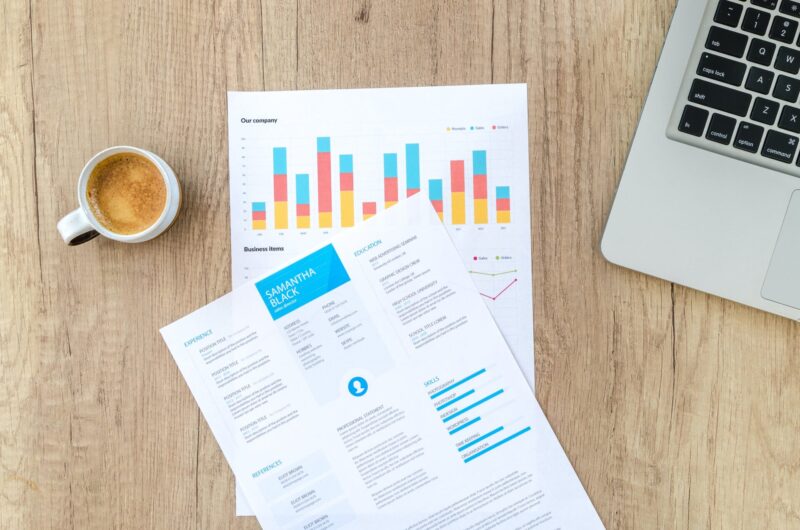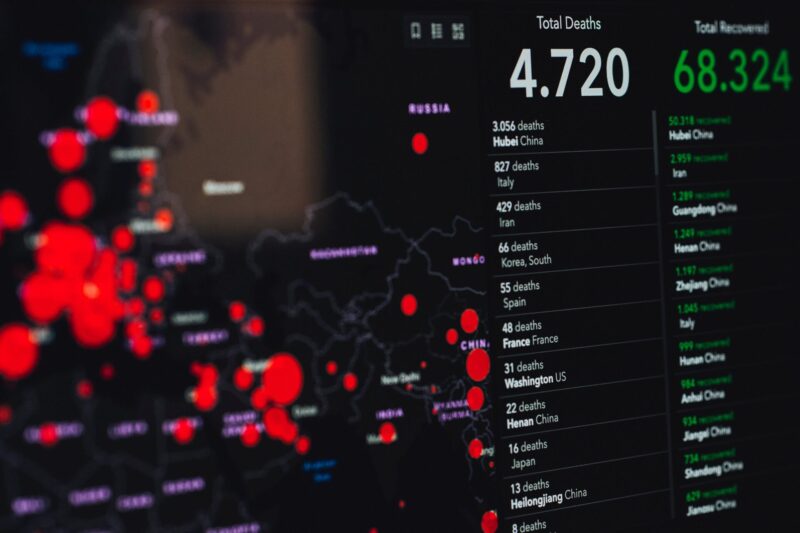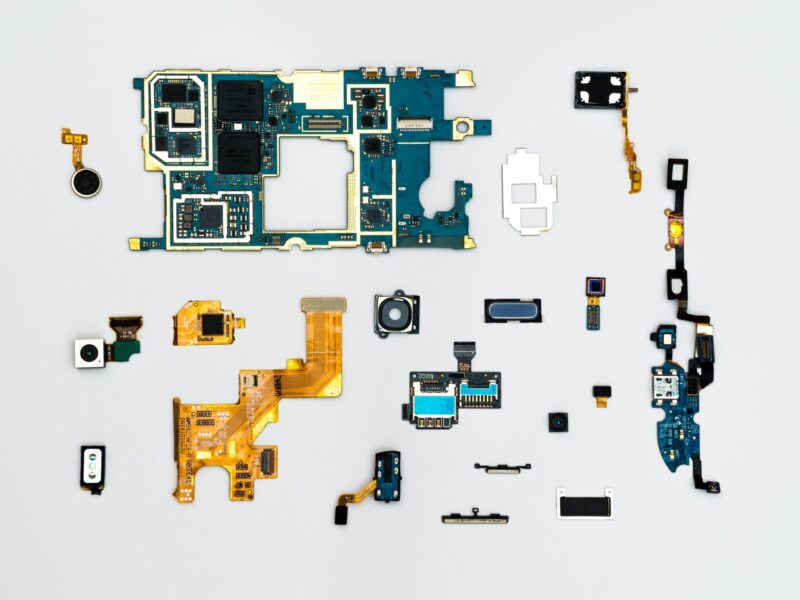
Table of Contents
As our world gets more digital, the volume of data generated continues to soar through various online activities, such as social media interactions, streaming and online transactions. Users worldwide stream around one million hours of content in a single internet minute. Statista expects the global datasphere to expand tenfold, reaching 51 zettabytes between 2018 and 2025. This growth creates a demand surge for professionals skilled in managing, analyzing, and extracting insights from this vast information. The US Bureau of Labor Statistics predicts that the employment of data scientists will grow 35%, faster than average from 2022 to 2032.
As students and professionals in different industries aim to improve their data science skills, Kaggle has become a crucial resource hub. With over 16 million users from 194 countries, Kaggle provides a platform for gaining practical experience and fostering collaborative learning. This blog post offers a complete guide for data enthusiasts looking to enhance their data science journey through the Kaggle experience.
Data Science Overview: 3 Key Phases

Data Science blends statistical analysis, machine learning, and domain expertise to extract meaningful insights from complex datasets. The data science process consists of three key phases:
- Collecting and Cleaning Data: In the initial stage, we gather relevant data from various sources. After collection, the data often needs cleaning and preprocessing to eliminate inconsistencies.
- Exploring Data: The second step, exploratory data analysis, involves visualizing data, identifying patterns, and gaining an initial understanding of its structure.
- Predictive Modeling: The final phase, predictive modeling, uses machine learning algorithms to build models for making predictions or classifications based on the analyzed data. These models can be applied to various scenarios, such as predicting customer behavior or optimizing supply chain processes.
The impact of data science extends to diverse industries, such as healthcare, finance, sports, e-commerce, among many others.
Related Article: Top 6 AI & Machine Learning Strategies for SaaS in 2024
The Kaggle Platform: 14 Years of History

Kaggle is widely recognized for organizing diverse data science competitions, some offering significant cash rewards, reaching up to $100,000 USD. These competitions encourage innovation and problem-solving among emerging talents and have involved collaborations with organizations like NASA, Google, Facebook (now Meta), and prominent research institutions. Topics covered include social media analytics, bioinformatics, aircraft engine health monitoring, predictive maintenance, fraud detection, and customer analytics.
Kaggle's journey over the course of 14 years can be outlined through three key milestones:
- 2010: Founded by Anthony Goldbloom and Ben Hamner, Kaggle began its journey as a platform for hosting data science competitions.
- 2011: Kaggle obtained $11 million in funding led by Index Ventures and Khosla Ventures, and continued to grow and adapt to its increasing user base.
- 2017: Google acquired Kaggle, enhancing the platform with additional resources and capabilities in data science and machine learning. In 2018, Kaggle introduced Kernels, enabling users to create and share code notebooks.
As at the end of 2023, the platform boasts a community of over 16 million data scientists, machine learning practitioners, students and researchers from around the world. Kaggle continues to evolve, introducing new features, competitions, hosting a large repository of datasets and learning resources.
5-Step Road Map to Kaggle
Taking the first steps on Kaggle can set the tone for your adventure. In this blog, we suggest a step-by-step roadmap, breaking down each milestone from discovering all the features offered to making your first competition submission.
Starting with foundational courses and learning paths, we progress to exploring Kaggle’s extensive datasets. We will then dive into the world of Kaggle Notebooks and Kaggle Community — a shared-learning place to swap knowledge and make connections.
Next, our focus shifts to investigating the tools and technologies integral to the Kaggle platform.
Finally, we explore the competition section where you can apply your data skills to solve a variety of data puzzles. These challenges range from predicting housing prices to identifying images of species and objects, to tackling complex real-world challenges presented by renowned organizations.
-
Kaggle Learn

Kaggle Learn offers a range of courses designed to help learners easily pick up essential skills in data science. The learning path involves 3 core steps.
- Pick a language: For someone new to coding, there's an "Intro to Programming" course where you can start with Python, the go-to language for data science. You can also choose to learn R, a popular language for statistical analysis and visualization, through resources authored by the Kaggle Community.
- Learn the essentials: Learn the basics of machine learning with "Intro to Machine Learning” and tackle practical challenges in "Pandas" to master data manipulation. Visualize your data effectively with "Data Visualization" and understand databases with "Intro to SQL" using Google BigQuery.
- Specialize: Continue to advance through courses in “Intermediate Machine Learning”, "Feature Engineering" and "Advanced SQL." Venture into the world of deep learning in "Intro to Deep Learning" and build neural networks for structured data. Explore specific topics such as "Computer Vision," "Time Series," and "Geospatial Analysis."
Whether you're a beginner or looking to specialize, Kaggle Learn has something for everyone.
-
Related Article: 6 Essential software testing tools to add to your arsenal (2023 updated)
Kaggle Datasets

Kaggle's extensive dataset repository offers a rich resource for analysis and modeling, among them are five notable classics:
- "Titanic" Dataset: This dataset contains passenger information from the Titanic and is commonly used for predicting survival in introductory data science tutorials.
- "Iris Species" Dataset: Widely recognized as a machine learning classic, this dataset includes measurements of iris flowers and is often applied in classification tasks.
- "Spam SMS Collection" Dataset: Popular for building spam detection models, especially for those interested in text analysis.
- MNIST (Modified National Institute of Standards and Technology) database: a famous collection of handwritten digits used for learning image classification.
- CIFAR-10 and CIFAR-100 Datasets: From the Canadian Institute for Advanced Research, these datasets present colorful images, offering a more challenging set for classification tasks with objects categorized into 10 and 100 classes.
What sets Kaggle Datasets apart is its platform for people to share and discover datasets. This vast library, filled with collections uploaded by users, covers diverse topics from health and finance to sports and entertainment. Whether you're working on a project or curious about a specific subject, you can find relevant data here. Kaggle's Datasets section is a valuable resource for both beginners and experienced data enthusiasts, providing the data you need and fostering engagement with a community of like-minded individuals.
-
Kaggle Code

Kaggle Code has three notable features:
- Notebooks: the platform provides a space for users to write, share, and run code through Jupyter notebooks and scripts in R or Python. These notebooks are interactive documents that combine live code, equations, visualizations and explanatory text. This makes it easy to showcase and understand data analysis or machine learning workflows.
- Cloud Technologies: Kaggle Code runs notebooks in the cloud with all necessary processing capacities. As a result, users don't need to worry about installing packages in their local machine or setting up their own computing environment. This cloud-based approach provides accessibility by eliminating the need for users to invest in high-performance hardware. It helps ensure consistent and reliable performance across different devices. Hardware accelerators, such as Tensor Processing Units (TPUs), enable users to tackle computationally intensive tasks, particularly in deep learning. These accelerators are specialized for tasks like training complex models on large datasets.
- Collaborative Environment: The Kaggle Code section allows users to share their code and notebooks with others through the Notebook Listing. This collaborative environment promotes knowledge exchange and learning within the community. Users can learn from each other's approaches, troubleshoot issues together, and collectively improve their coding and data science skills.
-
Kaggle Discussions

Kaggle Discussions is an online forum where users can ask questions, get help, or discuss various topics related to data and machine learning. Here lies the strength of Kaggle – even though it is known for competitions and 6-figure prizes, it is also a learning and exchanging platform. When you're stuck on a problem or want to learn something new, you can drop by to ask a question on Kaggle Discussions.
The discussions are organized into different categories, making it easy to find what you're looking for. Whether it's coding glitches, tips on improving a model, or just understanding a concept better, there's something for everyone of different skill levels, from beginners to experts. The community generously share their code, providing a chance to compare your solutions with others and offering a helping hand to those just starting.
Discussions provide a roadmap, showing how experienced minds approach challenges. It’s not just about algorithms and coding languages, but also understanding where to start when faced with a problem and how to develop problem-solving skills. Additionally, Kaggle Discussions is also a place to celebrate victories and share insights. In the Accomplishments section, users can find threads where they cheer each other on through new breakthroughs in their data science journey on Kaggle.
-
Kaggle Competitions

Kaggle Competitions provides a platform for individuals interested in data science and machine learning to enhance their skills, and for business seeking novel solutions to real-world cases. Industry leaders, research institutions and government agencies such as Google, Microsoft, NASA, the City of San Francisco, Intel and UBC have sponsored competitions on Kaggle, with prizes up to $100 000 USD. These competitions focus on developing the most accurate predictive models for specific problems, with specific well-defined metrics to measure the model against. Participants, also known as Kagglers, fine-tune their models and hyperparameters to optimize these metrics. Throughout the competition, they continuously iterate and refine their approaches.
Meanwhile, Kaggle Playground series offers a more relaxed environment for practice, encouraging users to experiment with different techniques and algorithms on simpler datasets.
Kagglers progress through Kaggle's gamified user ranking system, advancing from Novice and Contributor to Expert. Those who reach the Master and Grandmaster tiers excel in competitions, actively participate in discussions, and share code notebooks and contributions to datasets. Achieving Master and Grandmaster status grants Kagglers eligibility for exclusive Master-Only competitions.
Winners of Kaggle competitions often receive recognition, prizes, or even job opportunities, as companies value the expertise and problem-solving skills demonstrated in these challenges.
Related Article: 10 Jobs That Will Be Replaced By AI Tools In 2024
Real World Impact

Kaggle makes a significant real-world impact by hosting competitions that address practical problems with broad societal significance, spanning diverse industries. Five instances highlighting this include:
- OpenVaccine: COVID-19 mRNA Vaccine Degradation Prediction, hosted by Stanford University, focused on predicting RNA vaccine degradation rates, contributing to the development of more stable COVID-19 vaccines and supporting global health efforts.
- Santander Customer Transaction Prediction supported banking and finance in predicting specific transactions by customers.
- Zillow Prize Home Value Competition predicted residential property values and improved the accuracy of property valuations.
- Yelp Restaurant Photo Classification classified food images to improve user experiences and restaurant recommendations.
- Nature Conservancy Fisheries Monitoring Competition monitored and assessed fisheries data, contributing to the sustainable management of aquatic resources.
The platform's competitions have become a stepping stone for many, showcasing their talents and expertise to a global audience.
It is of note, however, that while Kaggle excels at honing modeling skills through well-defined datasets and competitions, exploring additional resources beyond Kaggle can offer a more comprehensive understanding of the field. Handling messy datasets outside of Kaggle's controlled environment, business knowledge, communication skills with various stakeholders, practical aspects like MLOps (Machine Learning Operations) and deploying models into production are similarly pivotal in becoming a skilled data scientist.
Conclusion

In our increasingly digitized world, the importance of Data Science extends across diverse industries. We outlined a 5-step roadmap for those seeking to embark on the exciting journey of data science through Kaggle, an educational and competitive platform for more than 16 million users worldwide. Kaggle has evolved, introducing features like Kaggle Learn, Kaggle Notebooks, and competitions sponsored by renowned organizations. It hosts a vast repository of datasets and learning resources for an active community of like-minded individuals.
Beyond algorithms and coding languages, Kaggle includes collaborations and learning from the community, fostering the development of problem-solving skills through discussions. We highlighted Kaggle’s real-world impact and its role in shaping careers by providing a platform to build practical portfolios, showcase talents, gain recognition, win prizes and make connections. Kaggle serves as an invaluable resource hub for aspiring data scientists in a thriving community for collaborative learning and impactful real-world contributions.